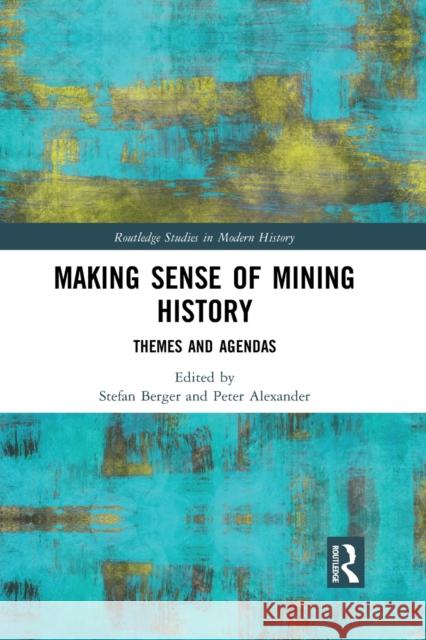Making Sense of Mining History: Themes and Agendas » książka
topmenu
Making Sense of Mining History: Themes and Agendas
ISBN-13: 9781032088600 / Angielski / Miękka / 2021 / 344 str.
Making Sense of Mining History: Themes and Agendas
ISBN-13: 9781032088600 / Angielski / Miękka / 2021 / 344 str.
cena 224,33
(netto: 213,65 VAT: 5%)
Najniższa cena z 30 dni: 196,40
(netto: 213,65 VAT: 5%)
Najniższa cena z 30 dni: 196,40
Termin realizacji zamówienia:
ok. 16-18 dni roboczych.
ok. 16-18 dni roboczych.
Darmowa dostawa!
This book draws together international contributors to analyse a wide range of aspects of mining history across the globe.











